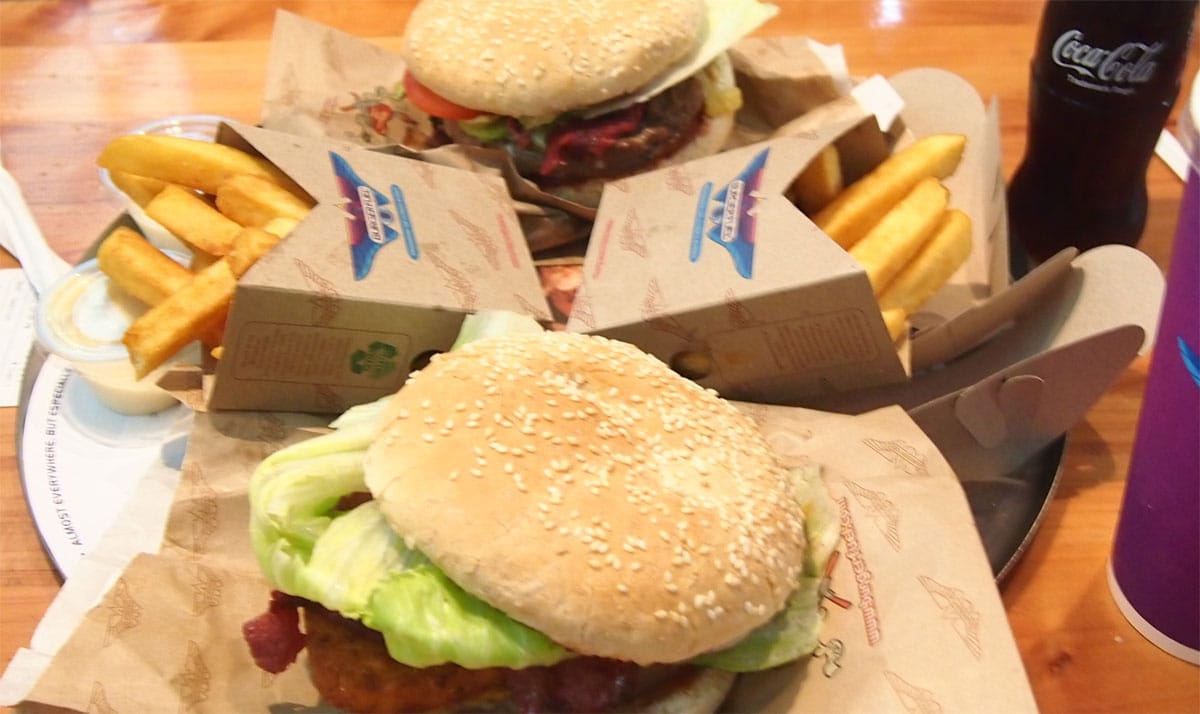Are streaming shows becoming like junk food? We don’t think so — we’d rather say that streaming shows are the internet’s fast food regardless of what anyone else says.
At the Television Critics Association meeting in Pasadena, California, the president of the Disney-owned FX network, John Landgraf, made a comment that has struck a nerve with this analyst.
“The danger of the internet is that everything becomes junk food.”
John Landgraf, FX President.
Other interesting information from the meeting:
- The U.S. TV industry released 532 scripted shows last year. That is an annual increase of 7% over the previous year.
- Landgraf also called the quantity of content made “bananas” and was critical of funding coming in from technology companies that don’t need to make money from the shows they make.
- Finally, he stated that over the past decade, HBO released 19% of the shows on critics’ top 10 lists, while FX was second with 18% and Netflix fifth with 10%.
CHECK OUT: Cable ratings prove pay TV DOA in 2020
Internet taking the blame
Landgraf’s comments are a mix of concern and accuracy. Big tech business spending is a problem for FX (concern) and HBO is great (accuracy).
He’s also right about the amount of content being made — it is bananas. However, his take on the internet is wrong.
- Quantity: 532 scripted shows is a lot, and we’re definitely over-saturated with content. Yet, content made is no longer controlled by networks or critics. Instead, shows are being made that fit all interests and opinions. Plus, we now have full control over what streams on our screens, and that determines what gets made. This is supply and demand.
- Quality: Netflix spent $15 billion on content in 2019, and Apple spent $120 million on a single season of The Morning Show. With this huge new investment and a flourishing streaming sector, new content with amazing quality is premiering constantly. This is capitalism.
Neither of those aspects makes me think of junk food. Surely, a more relevant analogy for the internet and what it has done for content is “fast food?” Streaming is convenient, quick, simple, and satisfying. It makes sense why the FX network president used the term “junk food” to express concern, though.
CHECK OUT: Universal, HBO, and Sky working together to save pay TV
Not the consumers’ problem
Binging a show is unhealthy, but that’s the only real comparison to junk food that’s accurate. Even if there were 10,000 shows made yearly, we as consumers would only watch what we wanted to. Nothing changes.
The problems aren’t for the consumer, but for streaming services and pay TV. They are the ones fighting for our subscription dollar.
The irony is that these problems of discoverability and loyalty are ones websites, YouTube shows, and other content creators have faced for decades. When the internet was carved up by big tech companies, networks didn’t care. Now that it’s big networks fighting for survival, the gloves have come off.
CHECK OUT: Pay TV’s decline making live TV’s future bleak
